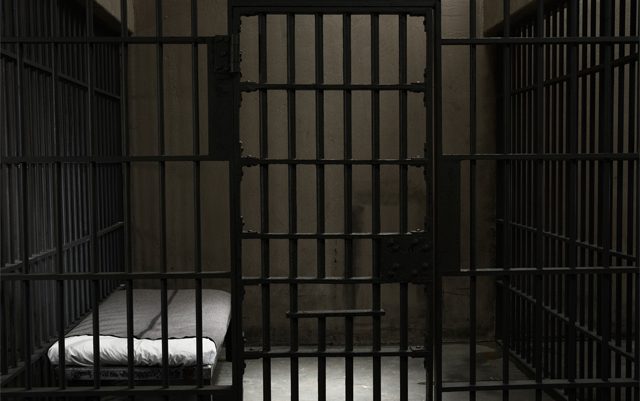The New Bureau of Corrections (BuCor) chief in the Philippines, Director General Ronald dela Rosa, is taking an extreme stand against drugs – extreme even by the standards of his country. He thinks lethal injection should be utilized for anyone involved in the drug trade, even low-level possessors.
“Everything pertaining to drugs, we have to end them. I also want to end the problem with drugs. It should be that strict when it comes to drugs,” dela Rosa said earlier this month. When asked specifically about those caught with small amounts of drugs getting the death penalty, dela Rosa answered in the affirmative that he was on board with that.
Not only does he see death as a deterrent to drug use, but as a great way to clear out the riff raff from prisons in the Philippines. “Who will we guard here at Building 14, if those convicted go straight to lethal injection, right?” he asked. “You don’t have to guard any more drug lords if they go straight to lethal injection.”
Using that logic, there would be no one in jail if they all were killed, and if everyone was killed, there would be no one left alive to do drugs, right? The major flaw in this logic (the fatal flaw, if you will) is obvious: Everyone is dead.
You could say, “well, we won’t kill everyone, we’ll just stop at a certain point.” But where is that point and who decides? This guy wants to kill anyone who possesses drugs. Is that an acceptable cut off point? If we did that in the U.S., how many would die? 10 million? 20? 50?
It probably goes without saying, but I’ll say it anyway: If you plan on possessing drugs, there are certain areas of the world to avoid at all costs, and the Philippines is one of those places.
Now, it could be said that my last paragraph proves the successful deterrent aspect of policies in the Philippines, and I won’t deny that wholesale death does carry with it certain incentives to avoid it, namely continuing to live. But at what cost? How much damage will be done to the economy and to society itself in the Philippines?
If people are not infringing on the natural rights of anyone else, they don’t deserve to be considered criminals by the state, and they certainly don’t deserve to have their lives ended by the state.






